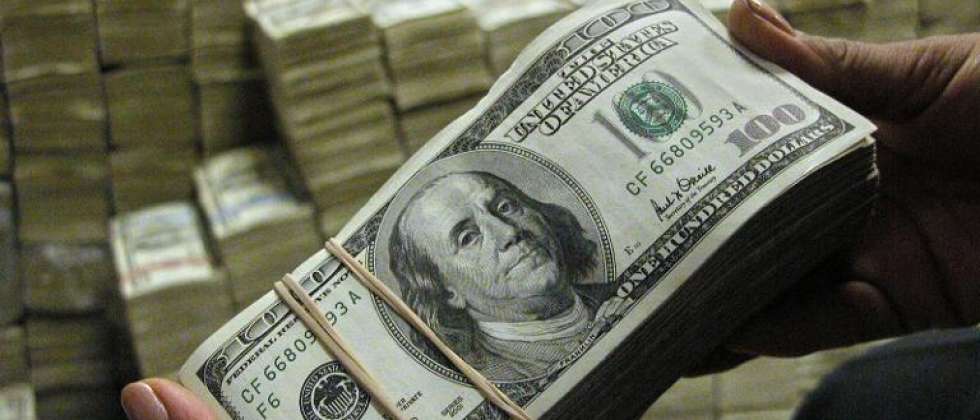Holiday shopping sprees scuppered. Online purchases rejected. Drama and delays in paying overseas school fees. Such, these days, are the trials and tribulations of being a Nigerian abroad.
Economists have for months been criticising foreign exchange controls introduced to defend Nigeria’s currency against speculative attack. Now the restrictions are biting the country’s international jet set, who are, to their embarrassment and frustration, finding their debit cards rejected at ATMs, restaurants and shops from London to Dubai and from Paris to New York.
Nigeria’s central bank introduced currency controls last spring as the naira came under pressure after the collapse in the price of oil, the country’s main export and the lifeblood of its economy.
As well as in effect banning imports of goods from rice to steel pipes to protect dwindling foreign exchange reserves, the central bank has also enforced spending limits on foreign currency-denominated Nigerian bank cards, much to the chagrin of Nigeria’s well-heeled travellers. These are needed, it says, to curb black market activity such as “arbitraging”: when a customer turns a quick profit by withdrawing foreign exchange from an overseas ATM to sell on the black market back home.
Another less publicised aim of the controls, according to one senior official, is to limit the flight of billions of dollars suspected to have been fraudulently obtained and then hoarded in cash by business people and officials under the former government of Goodluck Jonathan.
Last month, the central bank extended the policy by banning the use of naira-denominated debit cards altogether for overseas transactions or withdrawals. The central bank has said it will not lift the restrictions until foreign reserves, which have fallen to $29bn from $34.5bn a year ago, are restored.
“Nigerians [abroad] are really quite extravagant,” says Uwanma Odefa, a 34-year-old radio talk-show host in Lagos, who says her shopping plans were thwarted during a recent trip to London. She was forced to abandon plans to stock up on clothes and shoes at stores including Zara and TK Maxx, when her card was rejected. Such experiences are “leaving a lot of Nigerians.
“Over the Christmas holiday, this was the hot topic”, says Mary Dinah, a 32-year-old Nigerian who moved home from London in 2012 to start a recruitment company. Nigerians she knows, she says, have started to bring foreign currency home to change at black market rates, adding that the central bank might be right in its attempt to stop arbitrage.
Ms Odefa says she supports the push by President Muhammadu Buhari to root out corruption. The former army general came to power last year promising to end decades of economic mismanagement and not-infrequent theft of state resources by the country’s political elite.
But, says Ms Odefa, people carrying out “legitimate business transactions” abroad — such as shopping or paying fees for private schools in the UK or the US — should not be swept up in the generalised clampdown. She intends to enrol in a Masters programme in London later this year, but worries about the logistics of paying fees. Unlike some super-rich Nigerians, or those more established abroad, she doesn’t have a foreign bank account.
Economists have criticised the foreign exchange restrictions as unworkable in the long term. A wide gap has held for months between the official exchange rate and the black market rate, with the naira selling for more than N260 to the dollar against the official N199. Many economists also say that if Nigeria wants to wean itself off oil dependency, particularly now that revenues from energy sales have collapsed, it needs a more competitive exchange rate to make manufactured and other export goods more competitive.
Godwin Emefiele, central bank governor, defends the policy, saying controls are needed to protect the economy and to ward off inflation. Speculation is rife that a further devaluation cannot be far away.
“Actual reserves are a lot lower than the $29bn officially published”, says Alan Cameron, chief economist at Exotix Partners.
International Monetary Fund chief Christine Lagarde said last week in an address to Nigerian lawmakers in Abuja that the IMF does not support the foreign exchange restrictions and those in place should be temporary.
Whatever macroeconomic effects the controls are having, they are certainly clipping the wings of Nigeria’s high-fliers. Says Ms Dinah: “I guess the days of those fancy holidays may be over for now.”

